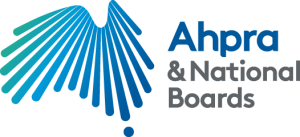
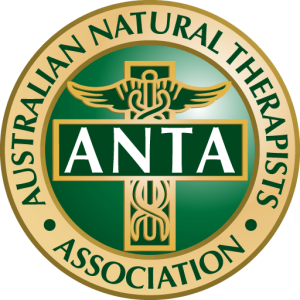

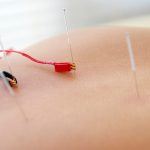


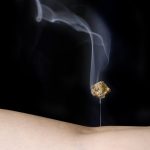
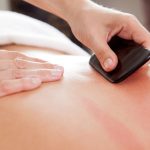

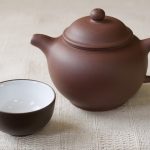

*Health Fund Rebates available
These items can be added onto your selected massage style and are not sold separately.
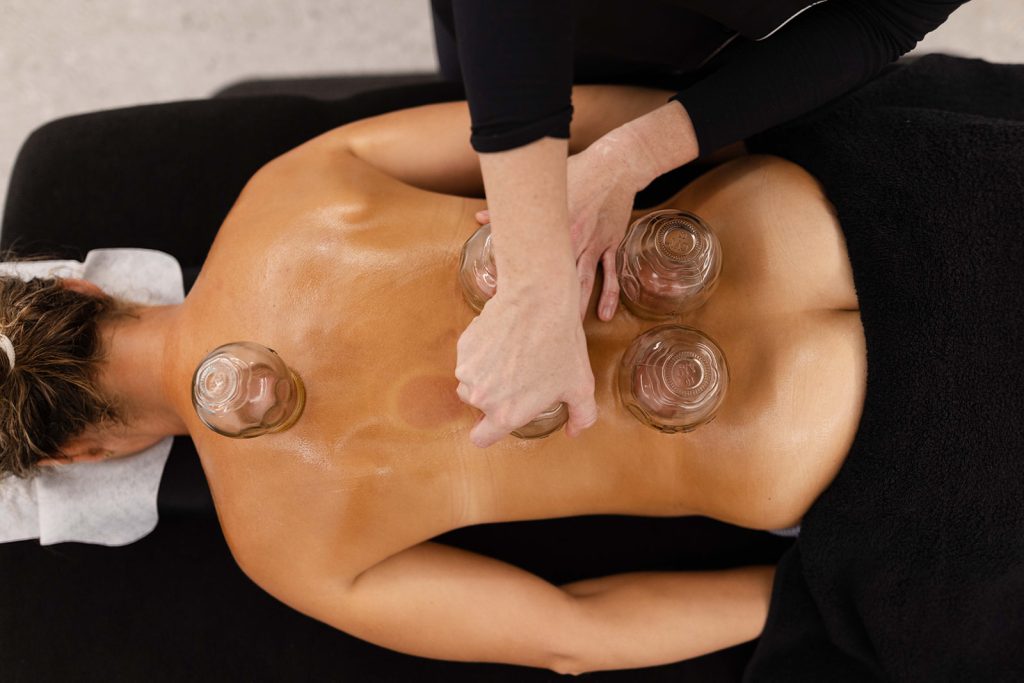
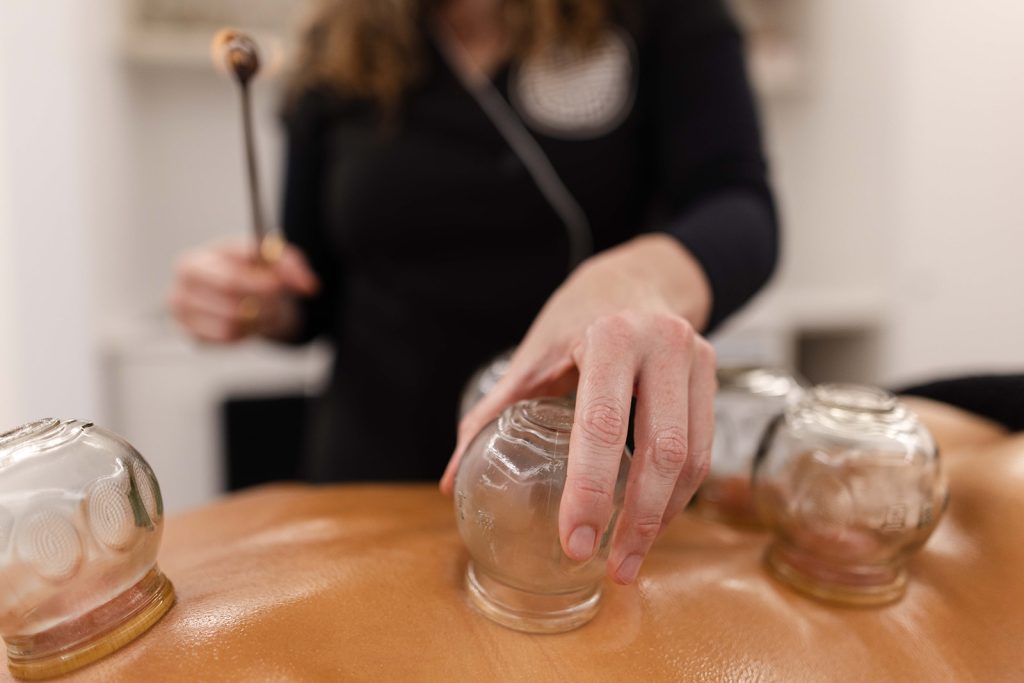
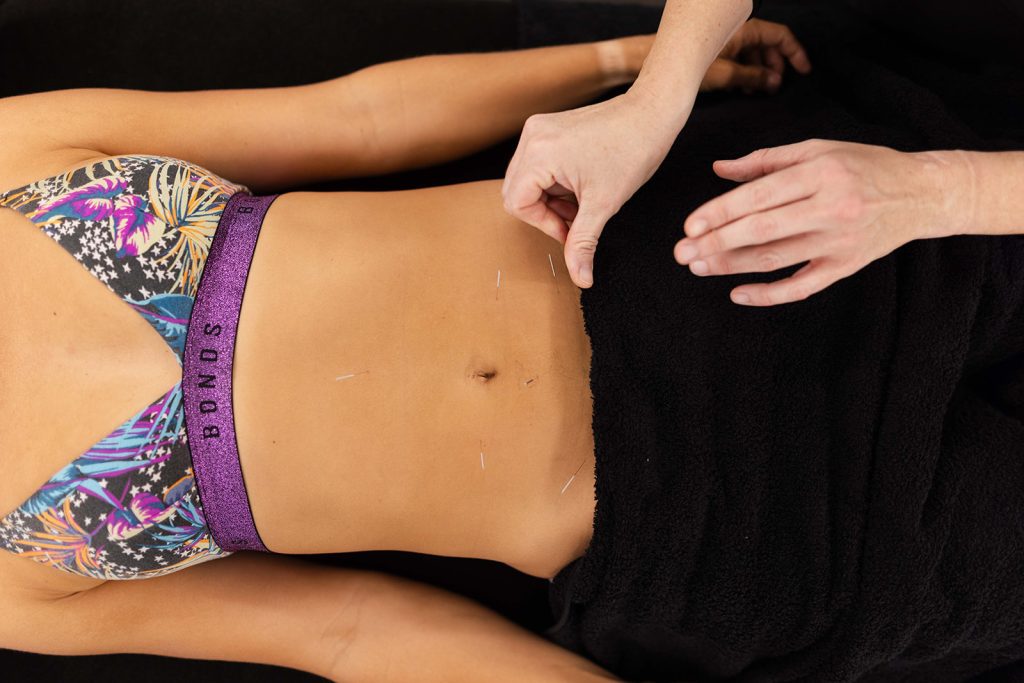
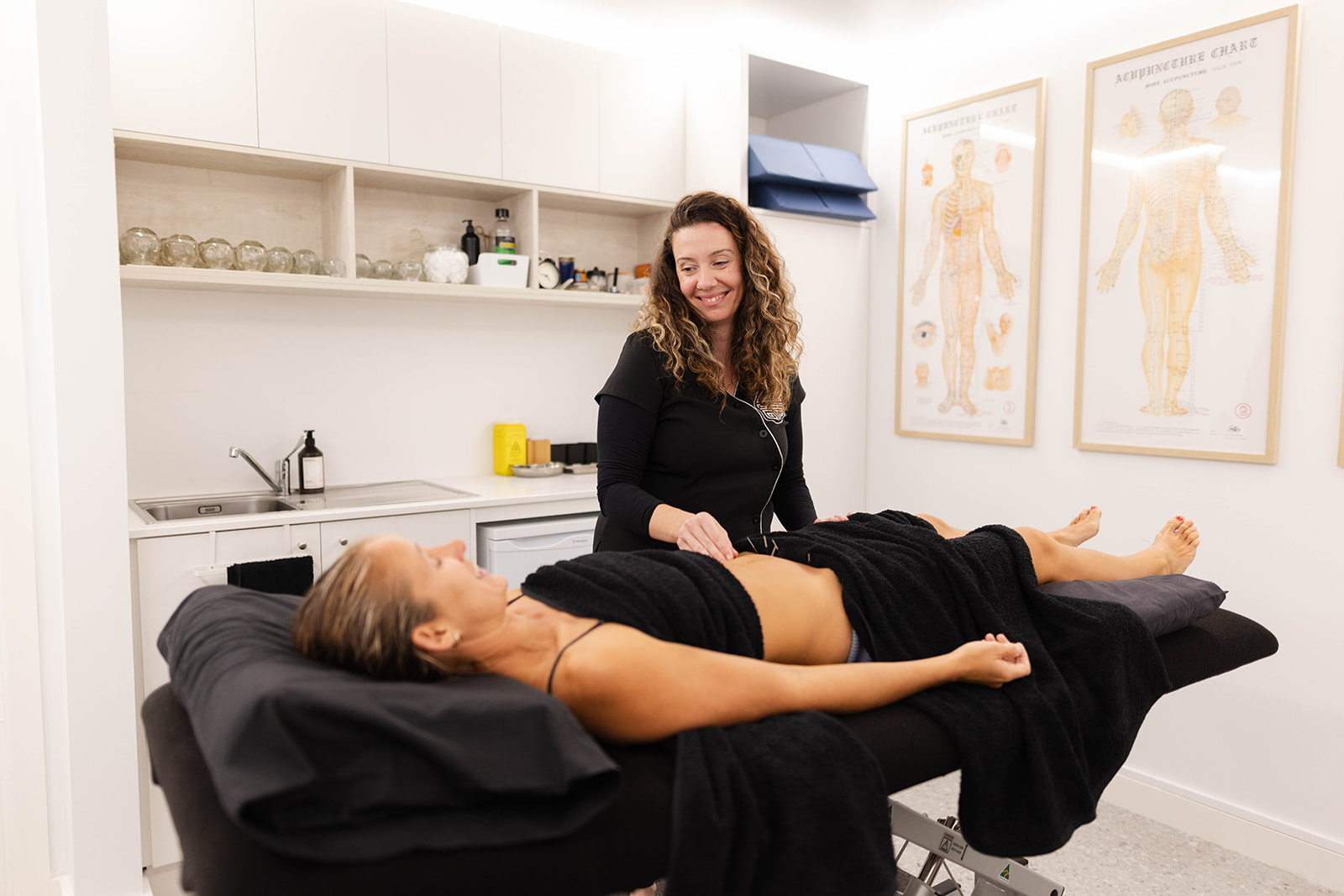
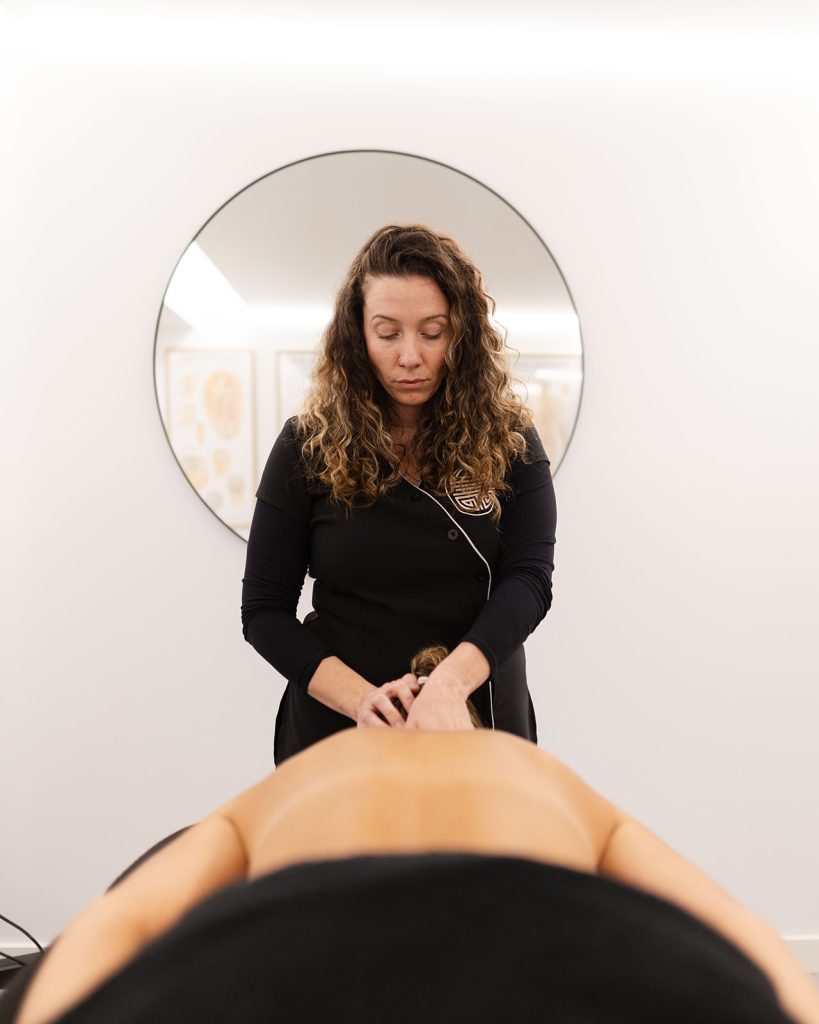
Registered Acupuncturist with the Australian Health Practitioner Regulation Agency (AHPRA) & the Australian Natural Therapists Association (ANTA).
We love Acupuncture. It rocks. In fact, we take Chinese Medicine very seriously around here…
Try Acupuncture. It’s awesome. Just saying…
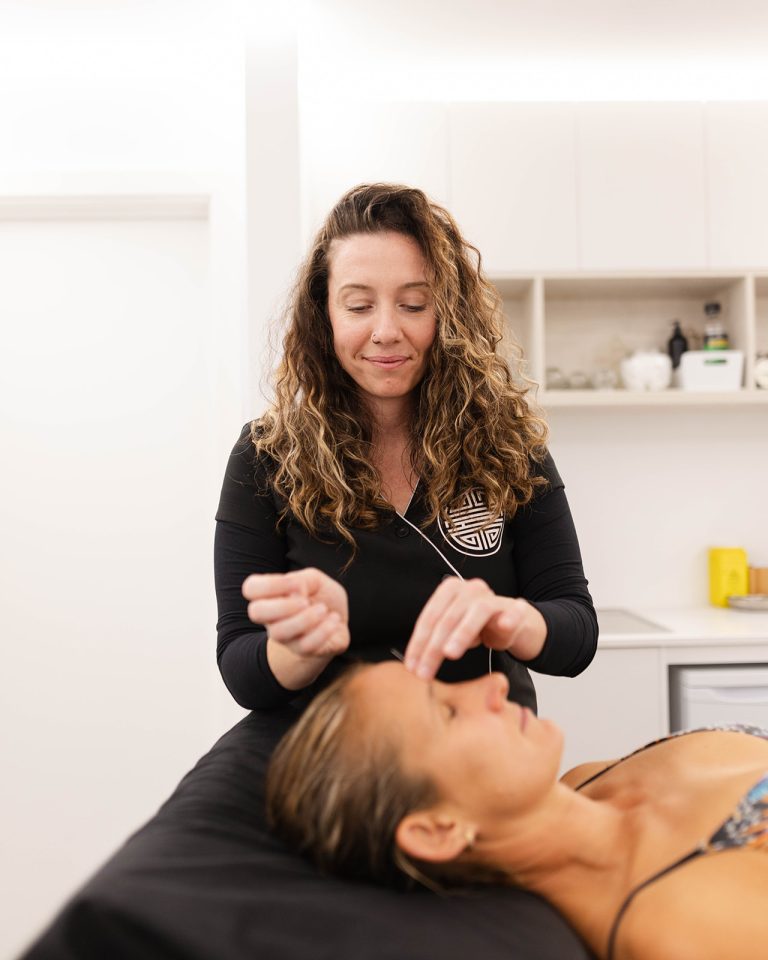
No. When performed by a qualified, experienced Acupuncturist needling should not be painful.
The majority of needles inserted into the patient are rarely felt, however it is normal to experience a dull, distending sensation when the desired point has been properly stimulated.
If you experience a sensation which is uncomfortable or if you are not sure what you are feeling is normal please communicate this with your Acupuncturist and they will act swiftly to assist you.
Yes. Acupuncture is incredibly safe when performed by an experienced bachelor degree qualified Acupuncturist.
The infection risk associated with Acupuncture is very low. All Acupuncture needles are sterile and disposed of after a single use. All Dunsborough Acupuncture practitioners adhere to strict infection control measures to ensure the safety and well-being of patients and staff alike.
The consultation will begin with your Acupuncturist asking questions about your concern or how you responded to your last treatment. You will then be asked to lay on the treatment table either face up or down depending on what you are receiving treatment for.
At this stage your Acupuncturist may ask you to poke out your tongue or spend a minute palpating your pulse. Tongue and pulse examination is an ancient diagnostic tool which can give your practitioner accurate information on the inner workings of your body.
Your Acupuncturist will then proceed to place needles in very precise locations on the body. The point prescription is specifically designed for you and may differ from treatment to treatment. Needles are usually retained for approximately 20 minutes. It is common for our Acupuncturists to be operating 2 treatment rooms at once. Therefore, you may be left alone for 15 minutes while your needles are processing so your Acupuncturist can attend to another patient.
Your Acupuncturist, at their discretion, may utilise other tools within Traditional Chinese Medicine including; Tuina (Chinese Remedial Massage), Cupping, Guasha, Electro-Acupuncture or Moxibustion to enhance your treatment results. For more information about these modalities please see our services page.
Both initial and follow up consultations are 45 minutes.
Patients who arrive late should note that this time will be subtracted from their treatment. This means there may not be enough time to perform adjacent Chinese Medicine techniques such as Cupping, Massage and Moxibustion in conjunction with your Acupuncture.
To avoid this from happening please allow at least 10 minutes for parking as it can be limited. If you are travelling from the Dunsborough surrounding areas please allow extra time in the summer months for increased traffic and difficult parking.
It varies depending on your reason for treatment.
Acute conditions may require fewer sessions, while chronic conditions may necessitate a more extensive treatment plan.
The number of consultations in the treatment plan designed for you will be communicated to you by your Acupuncturist after your initial consultation.
Women’s Health, Fertility, IVF Support and Cosmetic Acupuncture treatment courses are specialised. Correct execution of these treatment protocols is essential to achieve the desired treatment outcomes and should be adhered to as closely as possible.
Make sure to have sufficient food and water during the day before your treatment.
If you have commitments which are physically demanding in nature (physical labour, exercise, gardening, fishing, surfing etc) it is best to complete them prior to treatment.
Complete rest (from physical activity) between your treatment and going to sleep that night will ensure the best treatment outcomes.
Acupuncture is a potent sedative and it is normal to feel very relaxed following treatment. If you are particularly sensitive to this feeling drinking water and eating can help.
Loose, comfortable clothing is best. Your Acupuncturist will only ask you to disrobe as much as is necessary to gain access to the areas of your body requiring treatment.
Women should wear bras that clip up at the back rather than sports bras to allow your Acupuncturist easy access to your back, neck and shoulders. We also appreciate it if women wear no makeup.
To save time.
The Traditional Chinese medical model is unique in its approach to the diagnostic process. Therefore, it is not uncommon for TCM practitioners to enquire about the health of the entire body not just the system that is showing symptoms.
The intake forms have been designed to provide your Acupuncturist with the diagnostic information they need (instead of asking all those questions verbally) to get you on the table enjoying your treatment sooner.
This information allows your Acupuncturist to provide you with thoughtful, individualistic healthcare.
Intake forms are required to be completed prior to your appointment. They can be found via a link in your appointment confirmation email. If they haven’t been completed prior to your appointment this may result in reduced treatment time.
Yes. All Acupuncturists employed at Dunsborough Acupuncture are Registered Australian Healthcare Practitioners and qualify for full private health insurance rebates.
HICAPS rebates are processed at the time of paying for your treatment.
Please note that HICAPS rebates can only be claimed on the day of your treatment. If you forget your health insurance card you will be required to pay for your treatment in full and claim your rebate through your health insurance provider.
Check that Acupuncture is included in your private health insurance policy to qualify.
We understand that there are times you need to cancel or reschedule your appointment and we are more than happy to accommodate your needs.
However due to the extremely high demand for our services and long wait-lists it is our policy that all cancellations and rescheduling take place 24hrs before your appointment.
We kindly ask you understand that no shows, late-comers and late cancellations greatly impact our ability to provide a high-quality service. These instances deprive another patient the opportunity of receiving the care they need, fails to be respectful of your practitioner’s time and effort and interrupts the smooth running of the clinic.
By booking an appointment you are acknowledging that if you fail to comply with our 24hr clinic cancellation policy you may be subject to a late cancellation fee at the discretion of the clinic.
No shows will be automatically billed 75% of the missed appointment fee and subsequent treatments will be suspended until the invoice has been paid in full.
Exceptions may be made under certain circumstances at the discretion of the clinic. Valid reasons do not include last minute work commitments, family commitments, change of plans, being double-booked, forgetfulness etc.
Please do not solely rely on email reminders, they are a complimentary service and are not foolproof.
Repeat offenders will be asked to take a break from treatment to re-evaluate their commitment to improving their health or will be discharged from treatment entirely.
Key Differences between Acupuncture vs Dry Needling
Aspect | Acupuncture | Dry Needling |
Philosophy | Both Traditional Chinese Medicine (TCM) and Western Medicine. | Western Medicine. |
Purpose | To resolve various health concerns by supporting the body’s natural healing processes. | Only focuses on Musculoskeletal dysfunction and pain. |
Training Focus | Traditional Chinese Medicine theory. Acupuncture techniques and practice. Western Medical science, anatomy, physiology, pathophysiology and biochemistry. | Anatomy, musculoskeletal systems and trigger points. |
Needling Technique | Several traditional needle techniques are utilised based on TCM principles. Both traditional Acupuncture points and Myofascial trigger points are used. | Strong stimulation of Myofascial trigger points. |
Practitioners | Acupuncturists and Traditional Chinese Medicine Practitioners only. | Non-TCM health professionals |
Practitioner Qualifications | Bachelor of Health Science degree majoring in Acupuncture and/or Chinese Medicine. | Bachelor degree’s, Diploma’s and Certificates. Legally there is no minimum level of education required for this training. |
Duration of Training | Minimum 4-year degree. 1000+ hours of supervised clinical training. | 16-hour weekend course with a short online theory component. Less than 8hrs of practical training in a classroom. |
Practitioner Registrations | AHPRA registration is required by law to practice as an Acupuncturist. | AHPRA registration is not required by law to perform dry needling. |
Ongoing Training requirements | Registered Acupuncturists are required to undergo 20 hours of formal education and training per year to maintain their AHPRA registration and insurance. | None. As dry needling is not a registered profession no ongoing training is legally required. |
Holistic Approach | Yes. The health of the whole body is considered vital to the treatment process. | No. Typically dry needling is very localised. |
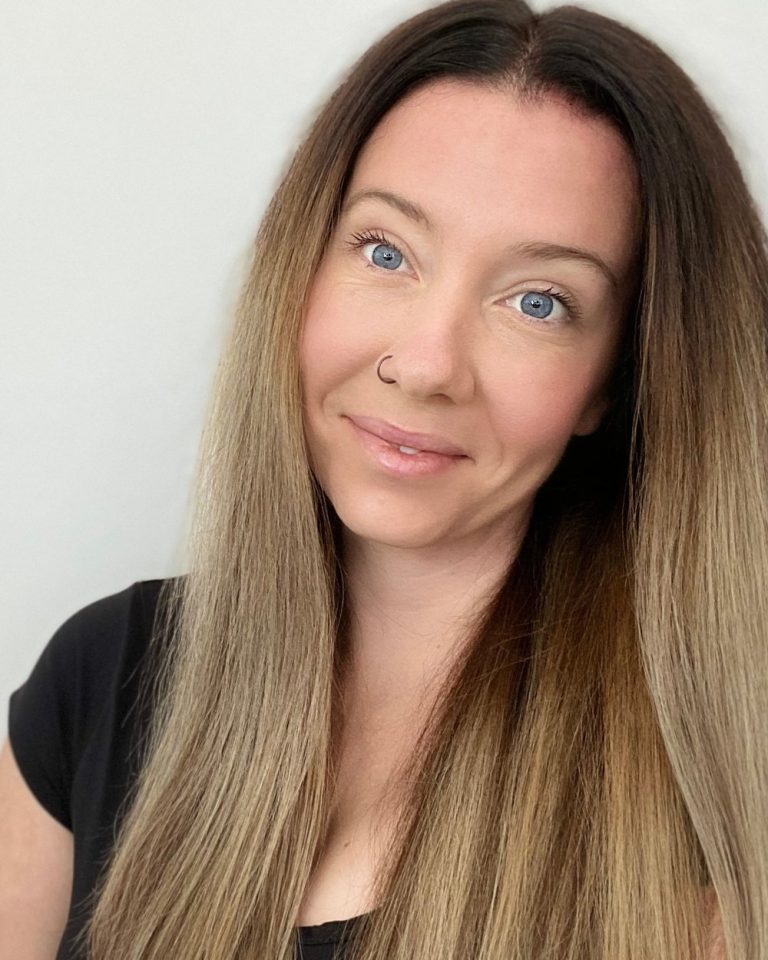

Miranda is a Registered Acupuncturist with the Australian Health Practitioner Regulation Agency (AHPRA) & the Australian Natural Therapists Association (ANTA).
Miranda Yates graduated with Distinction from Endeavour College of Natural Medicine with a Bachelor of Health Science majoring in Traditional Chinese Medicine and Acupuncture in 2012. Having been introduced to Acupuncture as a child, Miranda was aware from a very young age that Chinese Medicine would be her life pursuit and practice.
Miranda has extensive experience treating a wide range of conditions however has a specialised clinical focus in the areas of Musculoskeletal and Reproductive Medicine.
Miranda is fascinated by anatomical structure and function and loves to support her patients through musculoskeletal injury, degenerative and inflammatory disorders in addition to the management of acute and chronic pain.
Miranda also loves working with athletes to help them avoid training injuries whilst enhancing their performance and quickening their recovery time. She has become especially proficient in the sports of Ironman, Triathlon, Ultramarathon and Surfing.
In the reproductive, fertility and women’s health space Miranda works with ladies for a variety of reasons, the most common being; hormonal imbalances, cycle irregularities, PMT symptoms, pre-natal/pregnancy/post-natal care, morning sickness, infertility (explained or unexplained), IVF support, labour inductions, hormone related emotional fluctuations and menopausal symptoms.
As passionate about Chinese Medicine as it gets Miranda takes her ongoing training and education very seriously. Miranda enjoy’s travelling both internationally and domestically to learn from the brightest leaders in her field.
Miranda has been practicing Acupuncture for over 10 years and has had the pleasure of serving the South-West community of Dunsborough and surrounds since she moved to Western Australia from Queensland in 2013. She founded Dunsborough Acupuncture in 2017 of which she is now the owner and principle practitioner.